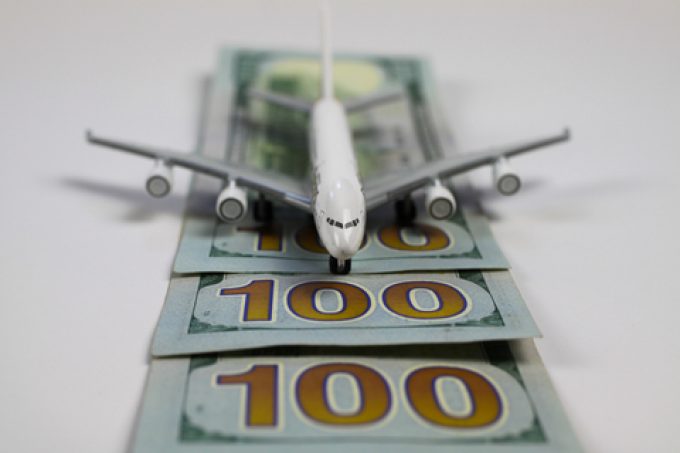More volatility means forwarders and shippers need to work more closely
As uncertainty knocks trade confidence, forwarders need to be closer than ever to their customer, delegates ...

Sustainable aviation fuel (SAF): “Everyone wants it, few want to pay for it,” says Martin Drew, Etihad Cargo’s SVP of cargo and sales.
Considered by most in the aviation sector as the surest route to net zero by 2050, just 0.03% of the required amount of SAF (450 billion litres a year) that would be needed to fuel the sector, at its present rate of growth, was produced globally last year.
So, for smaller airlines, there was no hope of obtaining any ...
Volcanic disruption at Anchorage could hit transpacific airfreight operations
Macron calls for ‘suspension’ – CMA CGM's $20bn US investment in doubt
Forwarders stay cool as US 'liberation day' tariffs threaten 'global trade war'
Shippers snap up airfreight capacity to US ahead of tariff deadline
De minimis exemption on shipments from China to the US will end in May
Tighter EU import requirements proving 'a challenge' for forwarders
Looming Trump tariffs will create 'a bureaucratic monster' for Customs

Comment on this article